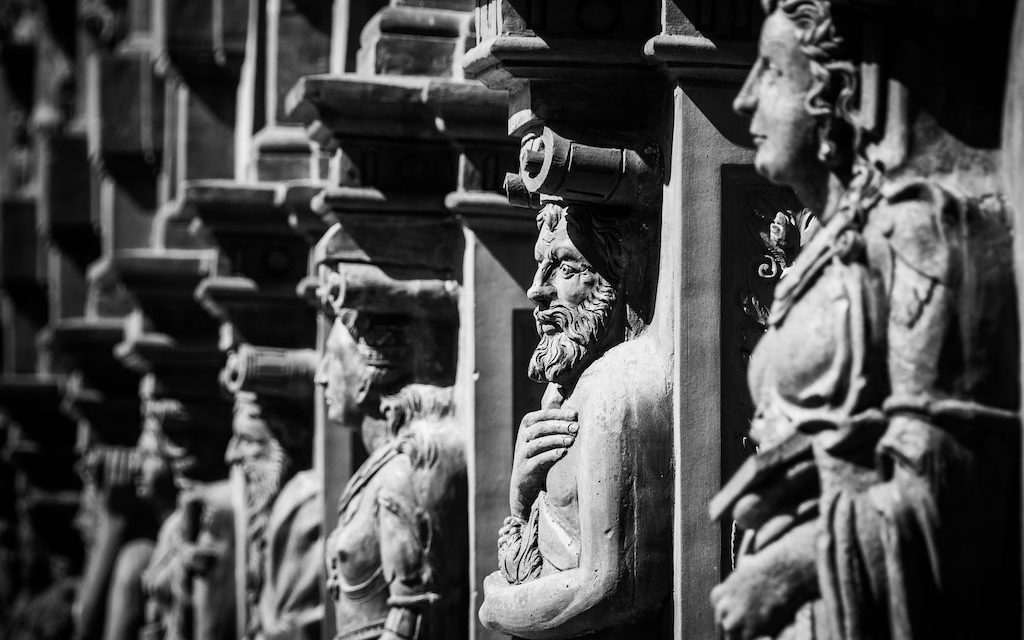Explaining Modern Disdain for History
The contemporary secular project’s repudiation of the past is an inescapable result of its core assumption about human identity, which has a view of the unfettered primacy of the individual. Such a self-determined identity will, by definition, seek to cast off an external authority. The repudiation of the past represents the casting off of external traditions, expectations, stories, and God that might dare function as an authority. The church too, seems to want to ignore its past for similar reasons, hoping it can move forward as the world moves forward without a restraining pull from behind.
Called to Counter
The church must protest the world’s repudiation of history, first, by not taking part in such repudiation, and second, by not allowing the anti-historical assumption to persist unchallenged. When Christians repudiate history—or ignore it—they have repudiated Christianity itself, since its message is rooted in the historical event of the crucifixion and resurrection of Jesus Christ. One of the ways for Christians to rebel against the culture’s assumption is to be deliberately historical in their thinking. There is a tendency in the American church to allow its passion for Jesus (“not religious but spiritual!” is the fervent call from younger evangelicals) to blind it to the errors of current beliefs and methods to which passion is prone. History provides a keen awareness of the overconfidence and blindness to which enthusiastic slaves-to-the-moment are susceptible.
Christendom United
Plausibility in the eyes of the world rests upon a common spiritual identity and a shared theological understanding of “what is a Christian?” Jesus said as much in his prayer in John 17:21 when he prays that the church “may all be one, just as you, Father, are in me, and I in you, that they also may be in us, so that the world may believe that you sent me.” Is such unity possible from a historically indifferent people? Augustine’s masterpiece, City of God, suggests not. History is more than just the story of people, but it is the story of God’s eternal purposes being accomplished on earth, in history, through Jesus Christ.
The challenge of each generation of Christians is to faithfully believe and live out just that purpose in the face of the latest challenges to faith. The ironic part is this: If we don’t know our stories, not only will we not have a common spiritual identity, but the culture’s stories will become our stories. Then we will never have the unity Jesus prayed for. Instead we will each be pursuing our own purposes, disencumbered from any authority outside ourselves.
JASON CHERRY teaches history and New Testament at Providence Classical School in Huntsville, Alabama. He graduated from Reformed Theological Seminary with a Masters of Arts in Religion degree and is the author of the book The Culture of Conversionism and the History of the Altar Call, now available on Amazon.
Classical Christian education seeks to restore cultural balance by emphasizing the study of history through its employment of the Trivium, a curriculum set forth by Plato and practiced by students in the Middle Ages.










